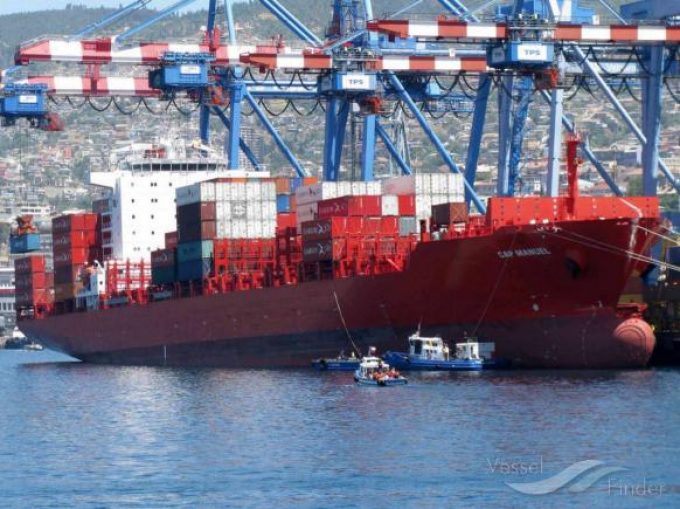Bottlenecks and price hikes as airlines now avoid Iran airspace
Asia-to-Europe airfreight could face extreme bottlenecks and price hikes due to the rising tension in ...

Correction:
The Loadstar wishes to make some corrections to the article below that appeared in Tuesday’s edition:
Contrary to the article, The Loadstar wishes to make it clear that CargoGulf is not the operator of the panamax vessel Guenther Schulte. It is operated by UAE-based Global Feeder Shipping, from which CargoGulf charters space.
CargoGulf, as a slot charterer, operates services across a number of tradelanes, issuing its own bills of lading, and sets its own pricing, demurrage and detention tariffs. The line has its own agreements with ...
Maersk Air Cargo sees volumes fall as it aims for 'margin in favour of revenue'
Keep our news independent, by supporting The Loadstar
Container spot rates diverge: to Europe still falling, but firmer to the US
Hapag-Lloyd won't take bookings if port congestion leaves cargo stranded
Ecommerce likely the front-runner in resurge of transpacific trade after deal
China-US trade tariff pause could drive a rebound for transpacific rates
Volume surge and an early peak season? 'Don't celebrate too soon,' warning
Airfreight players eye new routes as demand on the transpacific nosedives
Service chaos from trade ban with India a problem for Pakistan shippers
Airfreight rates ex-China 'loss-making', but hopes of a trade deal stay high
Indian coastal freight attracts major carriers, but regional tension disrupts
Serious threat to jobs in US logistics as tariffs cause economic 'stagflation'

Comment on this article